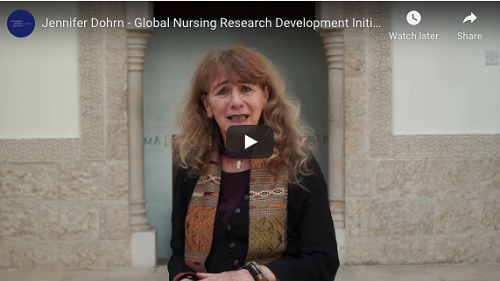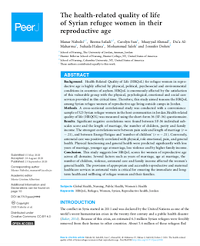Transitioning to a Low-Carbon Energy Future in the Middle East
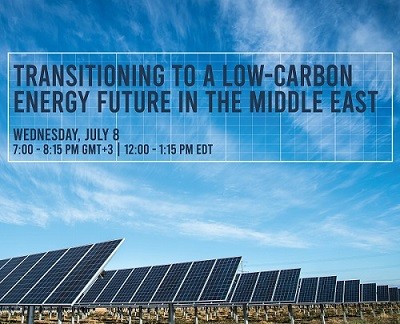
In recent years, calls for low-emissions energy around the globe have spurred attention to the energy transition across the Middle East – in the Gulf Arab States, the Levant, and the Eastern Mediterranean. The emergence of COVID-19, however, creates new complexity in regard to the global energy economy, patterns of supply and demand, and anticipated investments.
This webinar, in partnership with Columbia | SIPA Center on Global Energy Policy, explored the global market context, as well as clean energy policies and measures that are taking shape around the globe and in the Middle East. Watch webinar here.
Bridging Science and Policy: Water Scarcity, Climate Change, and Adaptation in the Middle East
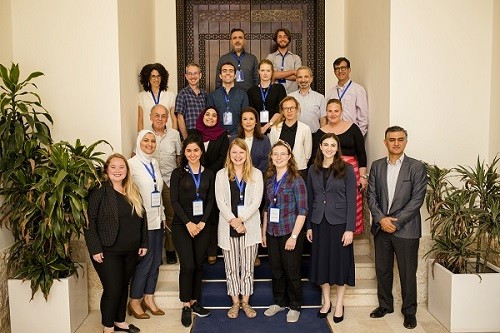
The Earth Institute at Columbia University held a two-day workshop that brought together scientists, policy makers, urban designers, and other stakeholders to establish a solution-oriented network of experts that seeks to address water and environmental issues in the Middle East. The workshop included a series of cross-disciplinary discussions and provided space for participants to initiate collaborative future projects.
The workshop was organized by Yael Kiro, Associate Research Scientist, Columbia University; Steven Goldstein, Chair and Professor, Department of Earth and Environmental Sciences, Columbia University; Yochanan Kushnir, Lamont Research Professor LDEO-Ocean and Climate Physics, Director of The Cooperative Institute for Climate Applications and Research, Adjunct Professor Earth & Environmental Sciences, Columbia University; and Marissa Sterling, Policy Specialist, Columbia University.
Earth Day 2021
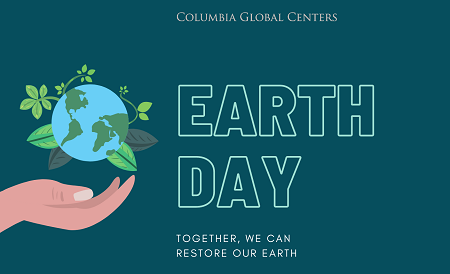
To celebrate Earth Day, we highlighted environmental-related initiatives that have an impact in Jordan and beyond. In line with this year’s theme, “Restore Our Earth”, we aim to showcase and raise awareness on the work environmental leaders and activists are doing to help further climate action. View their stories.
Development of Novel Methods and Technologies for the Diagnosis, Monitoring and Treatment of Diabetic Foot Syndrome
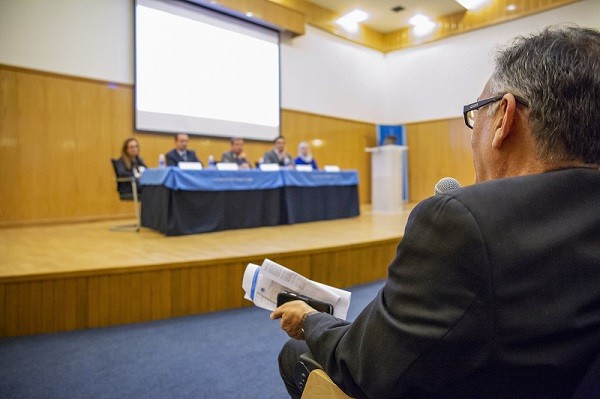
This symposium focused on the unmet clinical needs of diabetic patients with peripheral artery disease in the Middle East, and explored the most prevalent medical conditions of these patients, what considerations apply specifically to refugee populations, and what affects the viability of new technologies and methods to address these specific needs. The discussion was jointly led by Andreas Hielscher, Professor of Biomedical and Electrical Engineering and Radiology at Columbia University, and Rabah Al Abdi, Assistant Professor in the Department of Biomedical Engineering at Jordan University of Science and Technology. The event was organized in conjunction with Jordan University of Science and Technology and King Abdullah University Hospital. The symposium focused on unmet medical needs for low and middle income countries, and showcased novel methods and technologies to identify the underlying mechanism and resulting pathologies, such as foot ulcers and infections.
Health Status and Reproductive Health among Postpartum Syrian Refugee Women in Jordan
This project, spearheaded by Jennifer Dohrn, Associate Professor of Nursing at Columbia University Medical Center, examined the health status, reproductive health knowledge, attitudes, and practices of postpartum Syrian refugee women who live outside of formal camps in host communities across Jordan. The aim was to better understand the health needs and reproductive health practices of these women for the purpose of sharing recommendations and informing policy directions to provide reproductive health services more reflective of their voices and responsive to their needs. The project was carried out in partnership with the schools of nursing at Columbia University and the University of Jordan.
Listen to Jennifer Dohrn, Associate Professor of Nursing at Columbia University Medical Center, talk about this project.
